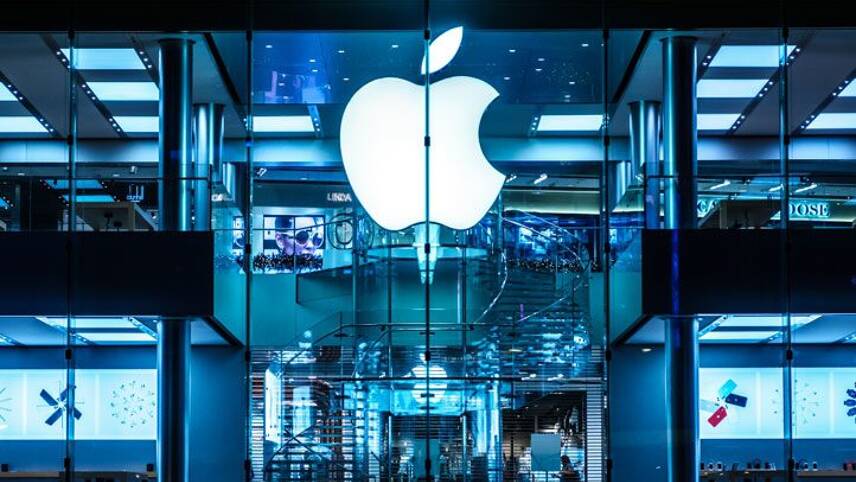Register for free and continue reading
Join our growing army of changemakers and get unlimited access to our premium content

The tech giant’s Notice of 2021 Annual Meeting of Shareholders and Proxy Statement, published late last week, confirmed that annual bonus payments for executives will be increased or decreased by up to 10% depending on KPIs relating to Apple’s ESG programme.
While Apple has not yet publicly listed specific metrics or targets, the firm’s core ‘Apple Values’ document includes a commitment to “make a positive difference in society, as well as make a profit”. The “positive difference” has been defined through the firm’s sustainability strategy in environmental and social terms.
A commitment to deliver a net-zero value chain, announced in July 2020, is the newest addition to the strategy. Apple is planning to reduce emissions by 75% and develop carbon removal solutions for the remaining 25%. Executive bonuses are likely to be linked to progress against this high-profile goal which, for some markets in which Apple operates, like the UK, is a legal requirement.
Tech industry experts believe that Apple times the publication of the Statement to coincide with the start of the 2021 iteration of the Consumer Electronics Show (CES) today (11 January). The event is taking place virtually for the first time and commentators are expecting big companies to use the platform to announce new climate commitments as well as launching new products and showing prototypes.
Built-in responsibility
The conversation around the need for corporates to remove sustainability from siloes and to embed ESG consideration in all parts of the business has been lively for years. Linking executive pay to progress against environmental and social goals has become an increasingly popular way for companies to prove they are taking this approach, along with integrated reporting, internal carbon pricing, natural capital accounting and empowering employees to co-design sustainability priorities.
Businesses which have already tied board members’ salaries or bonuses to these KPIs include Shell, BP, BMW and Kingfisher. However, this approach remains the exception rather than the norm, with just 10% of chief executive officers believed to have their bonuses linked to sustainability requirements.
Some businesses, meanwhile, have opted to link their loans to progress against environmental initiatives. October saw Tesco establishing a £2.5bn revolving credit facility whereby rates and interest are tied to progress on reducing emissions, generating renewable electricity and tackling food waste. Other businesses taking this approach include Britvic, Shell, UPM and Tate&Lyle.
Sarah George


Please login or Register to leave a comment.